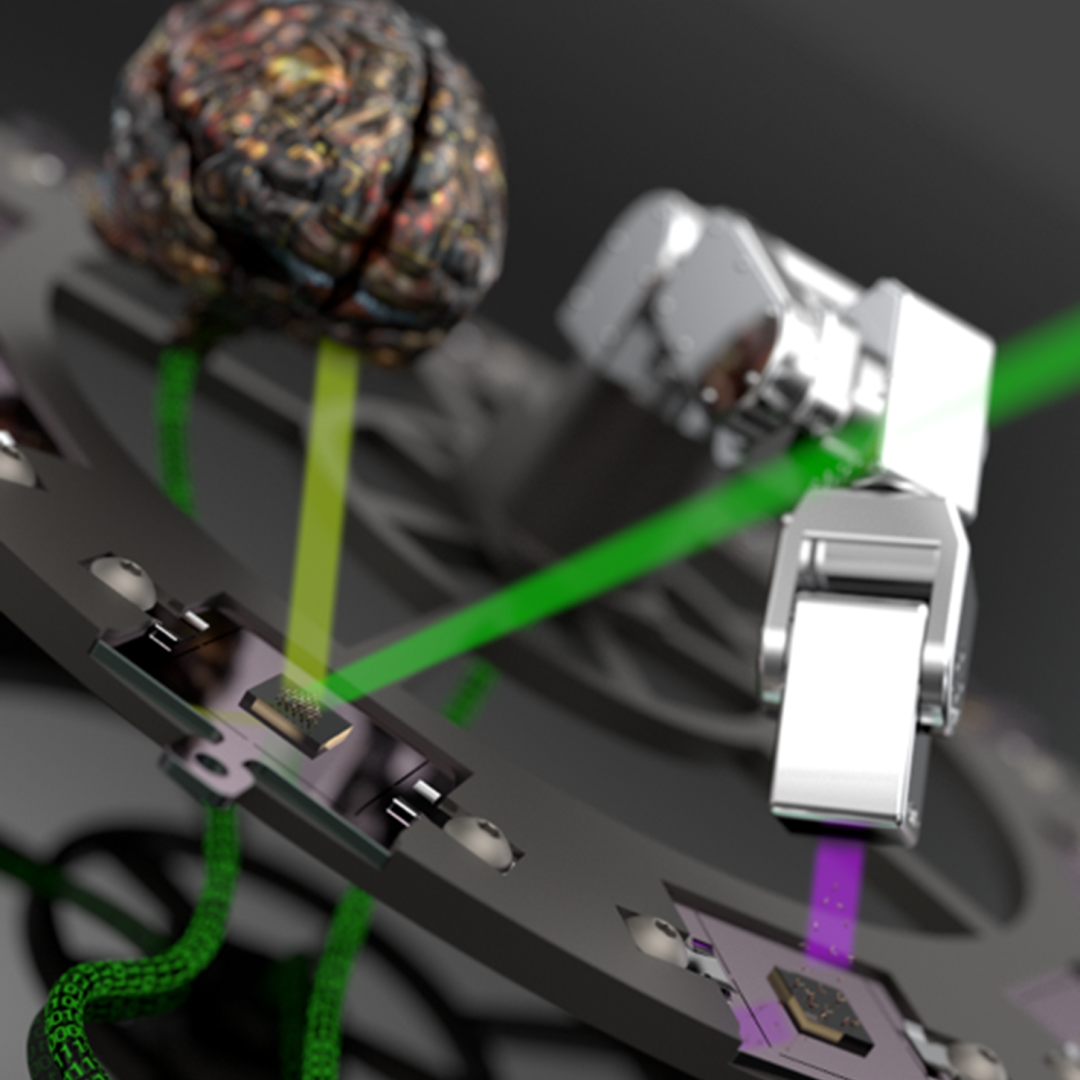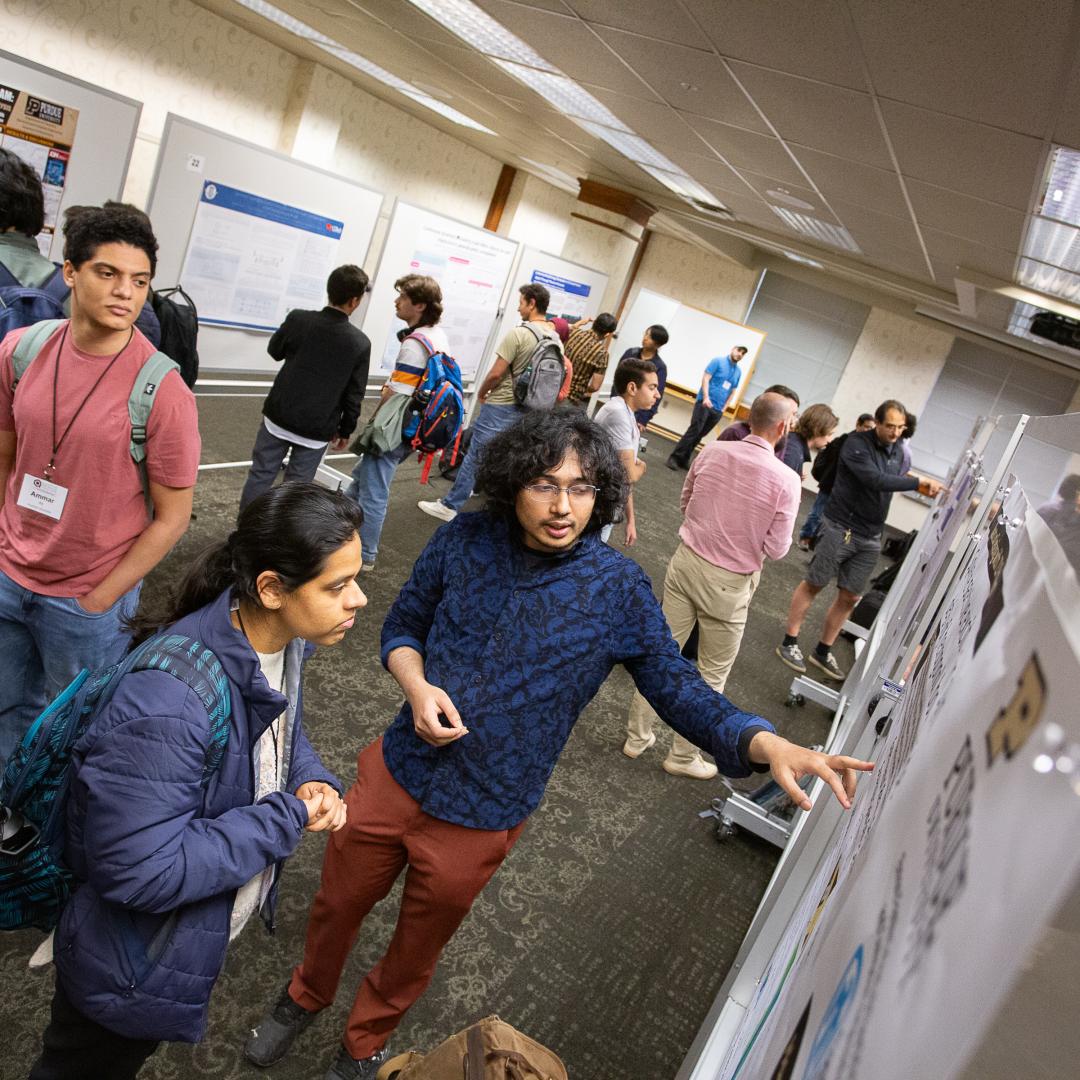Filter News
Area of Research
- (-) Advanced Manufacturing (11)
- (-) National Security (7)
- (-) Neutron Science (33)
- Biological Systems (2)
- Biology and Environment (44)
- Building Technologies (1)
- Clean Energy (110)
- Climate and Environmental Systems (1)
- Computational Biology (1)
- Computational Engineering (2)
- Computer Science (4)
- Data (1)
- Electricity and Smart Grid (1)
- Fossil Energy (1)
- Fusion and Fission (14)
- Fusion Energy (1)
- Isotope Development and Production (1)
- Isotopes (12)
- Materials (36)
- Materials for Computing (18)
- Mathematics (1)
- Nuclear Science and Technology (7)
- Quantum information Science (3)
- Sensors and Controls (2)
- Supercomputing (38)
- Transportation Systems (2)
News Topics
- 3-D Printing/Advanced Manufacturing (7)
- Artificial Intelligence (3)
- Biology (2)
- Biomedical (2)
- Chemical Sciences (1)
- Composites (2)
- Computer Science (6)
- Coronavirus (2)
- Cybersecurity (3)
- Environment (1)
- Fusion (1)
- High-Performance Computing (1)
- Materials (7)
- Materials Science (6)
- Microscopy (1)
- Nanotechnology (2)
- National Security (4)
- Neutron Science (16)
- Physics (2)
- Quantum Computing (1)
- Quantum Science (3)
- Security (1)
- Space Exploration (2)
- Sustainable Energy (3)
- Transportation (2)
Media Contacts
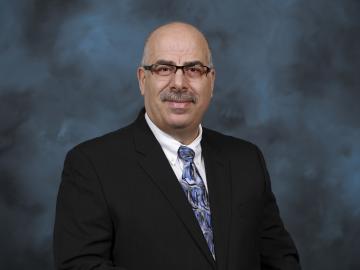
Moe Khaleel has been selected to lead the National Sciences Security Directorate, or NSSD, at the Department of Energy’s Oak Ridge National Laboratory.
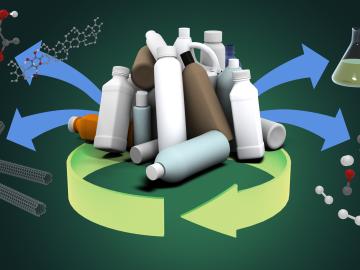
Oak Ridge National Laboratory researchers determined that designing polymers specifically with upcycling in mind could reduce future plastic waste considerably and facilitate a circular economy where the material is used repeatedly.
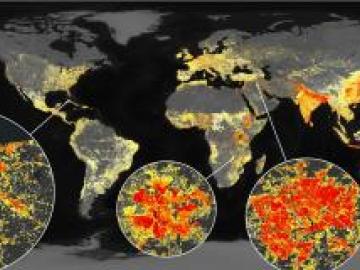
Using novel data sets and computing systems, researchers at ORNL are simulating how climate change affects the safety and security of the country.

A team of collaborators from ORNL, Google Inc., Snowflake Inc. and Ververica GmbH has tested a computing concept that could help speed up real-time processing of data that stream on mobile and other electronic devices.

A team led by the U.S. Department of Energy’s Oak Ridge National Laboratory demonstrated the viability of a “quantum entanglement witness” capable of proving the presence of entanglement between magnetic particles, or spins, in a quantum material.
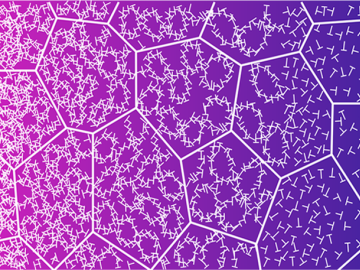
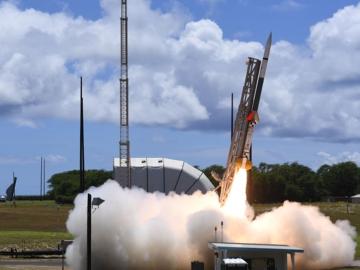
Oak Ridge National Laboratory researchers have developed a novel process to manufacture extreme heat resistant carbon-carbon composites. The performance of these materials will be tested in a U.S. Navy rocket that NASA will launch this fall.

Oak Ridge National Laboratory researchers have created a technology that more realistically emulates user activities to improve cyber testbeds and ultimately prevent cyberattacks.
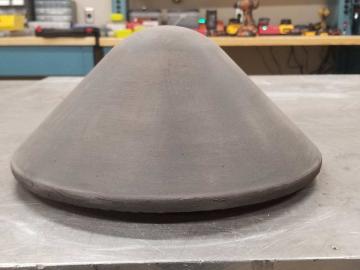
A research team at Oak Ridge National Laboratory have 3D printed a thermal protection shield, or TPS, for a capsule that will launch with the Cygnus cargo spacecraft as part of the supply mission to the International Space Station.
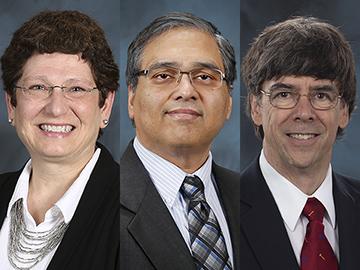
ASM International recently elected three researchers from ORNL as 2021 fellows. Selected were Beth Armstrong and Govindarajan Muralidharan, both from ORNL’s Material Sciences and Technology Division, and Andrew Payzant from the Neutron Scattering Division.


